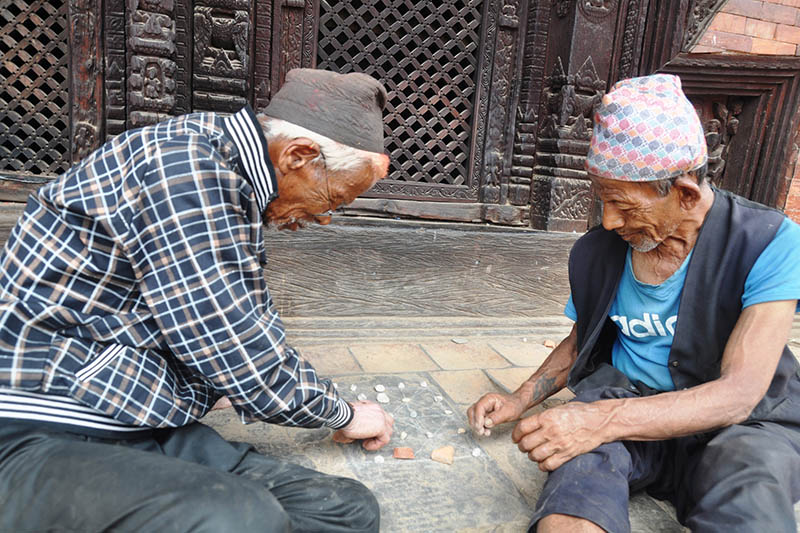New guidelines for welfare of differently-abled, senior citizens
KATHMANDU, NOVEMBER 24
The Ministry of Women, Children and Senior Citizens has developed ‘Guidelines on Implementation of Conditional Grants for Differently-abled Persons and Senior Citizens in Provinces’ for distribution of assistive devices to differently-abled persons, their rehabilitation, and inter-generational transfer of knowledge, skill and experiences of senior citizens.
As per the MoWCSC guidelines, allocations have been made to the concerned provincial governments as conditional grants from its budget for fiscal year 2020-21 to operate programmes in the interest of differently-abled persons and senior citizens. The responsibilities for service, protection and social security of differently-abled persons and senior citizens lie with all three tiers of government under the constitution.
The guidelines require provincial governments to expend the amount allocated as conditional grants to operate programmes such as distribution of assistive devices to and rehabilitation of differently-abled persons as per their needs. “The provincial governments may collaborate with non-governmental organisations for distribution of assistive devices, while prioritising the residential rehabilitation of helpless differently-abled persons,” the guidelines published on the MoWCSC website say. Rehabilitation programmes includes medical service, life skills training, counselling, residential facilities and education, among others.
Assistive devices comprise stylus, slate, braille paper, braille memo, braille displayer, screen reading software, white cane, light indicator, object indicator, wheelchair, crutch, walker, special chair, prosthetic legs and hands, diaper air cushion, special commode, audio induction loop system, infrared system, frequency modulation system, communication access real time translation, automatic speech recognition, magnifying glass, air mattress and jelly cushion.
Similarly, the provincial governments are required to accept the knowledge, skill and experience of senior citizens as national property, besides utilising them for development and progress of the country. “The provincial government shall formulate plans, policies and programmes based on the skill and experience of senior citizens,” the guidelines read.
The guidelines have also prioritised utilisation of the conditional grants for inter-generational transfer of knowledge, skill and experience of senior citizens. Earlier, the MoWCSC had issued the Procedure on Operation and Management of Senior Citizens Service and Meeting Centre.
The procedure requires operation of such centres at all local levels in partnership with the federal, provincial and local levels and the private sector.
Despite various plans and programmes for the welfare of elderly people, their living conditions remain poor.
Recently, the National Human Rights Commission had recommended that all three levels of government specify their obligations to protect the rights of differently-abled persons and senior citizens clearly in their laws and to ensure an environment that would enable them to lead a dignified life. It had also urged the government to ensure their participation in policy-making and development activities without any discrimination.
Other recommendations included promotion of compulsory rehabilitation programme, distribution of assistive devices to persons with complete and severe disability; issuance of disability identity cards; probe into alleged misuse of identity cards, which are meant for persons with disabilities; and transformation of existing public vehicles so that they have a disabled-friendly design.
Feature image: File






